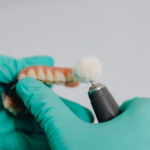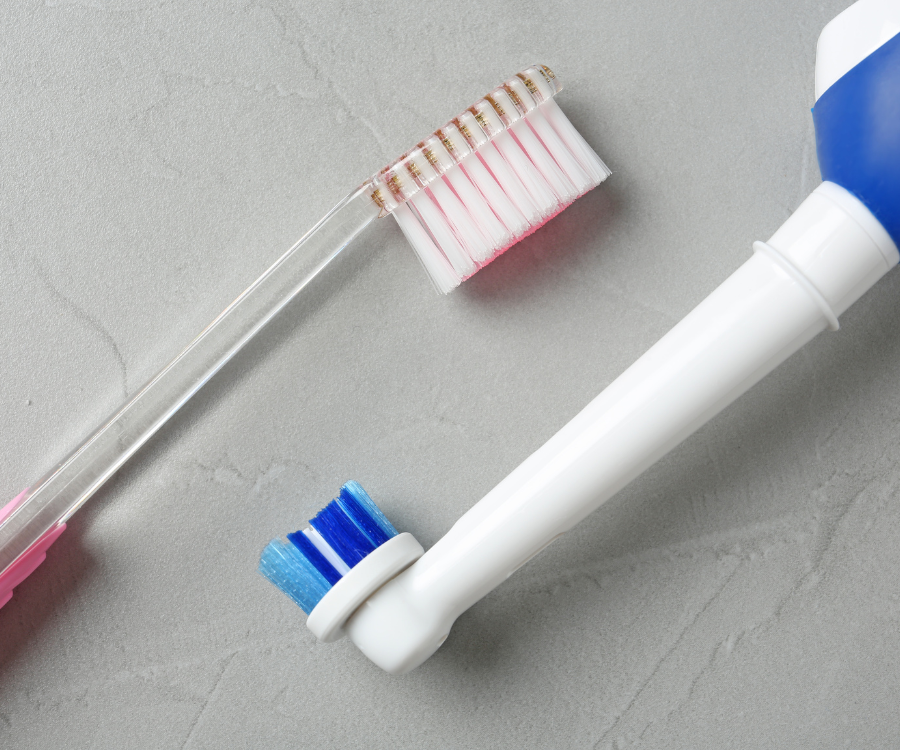In an age where almost everything is connected, it was only a matter of time before our toothbrushes got a high-tech upgrade. Enter the smart toothbrush—a device promising to revolutionize your oral care routine. But beyond the flashy apps and Bluetooth connection, are these gadgets truly worth the investment, or are they just a gimmick?
We dug into the data, and here’s a human-style, no-fluff look at whether a smart toothbrush can genuinely make a difference to your smile.
The Core Difference: Electric vs. Smart
Before diving into the “smart” features, it’s essential to understand that most smart toothbrushes are a step up from a regular electric toothbrush.
Dental studies consistently show that electric toothbrushes—with their thousands of rotations or vibrations per minute—are significantly more effective at plaque removal and reducing gingivitis than a manual brush. They also usually include two non-negotiable features:
- A Two-Minute Timer: This ensures you brush for the dentist-recommended duration.
- A Pressure Sensor: This prevents you from brushing too hard and damaging your gums or enamel.
A smart toothbrush takes these proven electric features and adds layers of connectivity and personalized coaching.
💡 The “Smart” Advantage: Real-Time Coaching and Data
So, what do those smart features actually do? They provide valuable feedback that a simple electric brush cannot, effectively turning your brushing session into a guided, measurable, and often, more enjoyable activity.
The Verdict: Do They Make a Difference?
The answer is a conditional yes.
A smart toothbrush is not magical—it won’t clean your teeth better if you use it for only 30 seconds. Its true power lies in its ability to improve your behavior.
The real-time feedback and tracking systems address the two biggest pitfalls of manual and non-smart electric brushing: inconsistency and improper technique. By coaching you on exactly where and how long to brush, these devices help you build and maintain a consistent, high-quality oral hygiene routine.
Human Takeaway: If you are already a diligent brusher who hits the full two minutes every time and rarely misses a spot, a basic, high-quality electric toothbrush is likely enough. However, if you struggle with consistency, tend to brush too hard, or are unsure if your technique is correct, a smart toothbrush is a powerful tool for driving meaningful, long-term improvement in your oral health.
💰 Is the Cost Worth It?
The biggest drawback is, of course, the price. Smart toothbrushes are an investment, costing significantly more than a manual or standard electric model, not to mention the ongoing cost of replacement brush heads.
It’s a value calculation: For some, the high upfront cost is worth the potential of avoiding expensive future dental work and the peace of mind that comes from knowing you’re cleaning your teeth optimally. For others, the “smart” features may feel like unnecessary digital clutter.
Ready to Upgrade? Your Buying Guide
If you’re considering the switch, here are the keywords and features to look for in a top-rated smart toothbrush:
- Plaque Removal Technology: Look for “oscillating-rotating” (often Oral-B) or “sonic” (often Philips Sonicare) technology, both of which are proven to remove more plaque than manual brushing.
- Pressure Sensor: This is non-negotiable. Look for models that use a visual light or slow down the motor if you press too hard.
- App/AI Feedback: Choose a brush with a well-reviewed companion app that offers zone tracking and personalized coaching—this is where the “smart” value truly lies.
- Battery Life: Check the battery life, especially if you travel often. Many offer weeks of use on a single charge.








